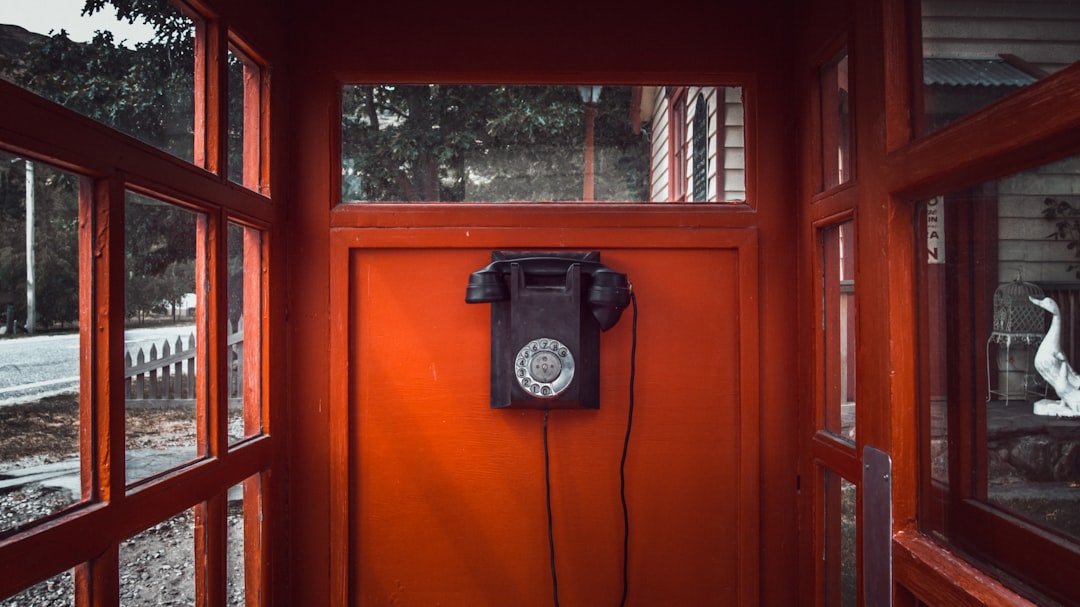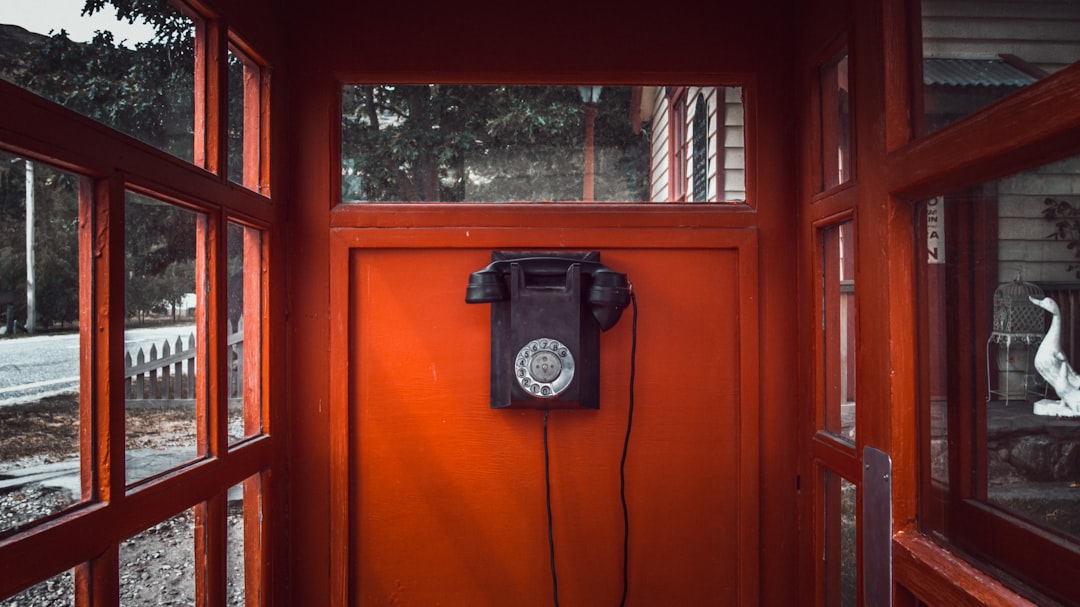South Carolina residents are protected from unsolicited automated phone calls (robocalls) through consent laws. Companies must obtain explicit permission before initiating robocall campaigns. Unwanted robocalls can be reported to the Federal Trade Commission (FTC) or local authorities, and affected individuals may seek legal action with specialized robocall lawyers or attorneys in South Carolina who are familiar with state and federal regulations like the Telephone Consumer Protection Act (TCPA). These professionals offer guidance, file lawsuits, and represent clients to protect privacy rights and hold telemarketers accountable.
“In the digital age, South Carolina residents are increasingly plagued by unwanted robocalls, leading many to seek clarification and recourse. This article navigates the complex landscape of robocall consent laws in the state, equipping readers with knowledge to identify violations. We delve into the strategies telemarketers employ to bypass consumer consent and highlight the crucial role of a robocall lawyer South Carolina. From understanding your legal rights to documenting and reporting unwanted calls, this guide offers practical steps for protection. Discover how robocall attorneys in South Carolina are empowering residents and learn preventive measures to shield yourself from these persistent calls.”
- Understanding Robocall Consent Laws in South Carolina
- What Constitutes a Violation of Robocall Regulations?
- The Role of a Robocall Lawyer in South Carolina
- Common Strategies Used by Telemarketers to Bypass Consent
- Legal Rights of South Carolina Residents Against Robocalls
- Documenting and Reporting Unwanted Calls: A Step-by-Step Guide
- Success Stories: How Robocall Attorneys Have Helped SC Residents
- Preventive Measures: Shielding Yourself from Robocalls in SC
Understanding Robocall Consent Laws in South Carolina
In South Carolina, like many other states, robocall consent laws are in place to protect residents from unsolicited automated phone calls, or robocalls. These laws govern when and how businesses can use robotic technology to make marketing calls, ensuring consumers’ privacy and peace of mind. Understanding these regulations is crucial for both businesses and individuals. The state’s law requires companies to obtain explicit consent from recipients before initiating any robocall campaigns, often through opt-in systems or clear agreements.
Residents of South Carolina who find themselves bombarded by unwanted robocalls have legal recourse. A robocall lawyer or attorney specializing in these matters can guide individuals through the process of filing complaints and seeking damages if their rights have been violated. Many law firms across the state offer such services, providing a network of advocates for those affected by telemarketing excesses. Using keywords like ‘robocall lawyer South Carolina’ or ‘robocall attorneys South Carolina’ can help connect individuals with legal professionals who understand these specific laws and are ready to assist in navigating any legal actions required.
What Constitutes a Violation of Robocall Regulations?
In South Carolina, a violation of robocall consent laws can occur when telemarketers or their representatives make automated calls to individuals who have not given explicit permission for such contact. This typically involves calling numbers on the National Do Not Call Registry or ignoring a consumer’s clear and repeated requests to stop receiving calls. Robocall lawyers in South Carolina emphasize that companies must obtain prior express consent from recipients before initiating automatic phone calls, often using prerecorded messages or artificial voices.
When a robocaller disregards these rules, individuals affected may have legal recourse through a robocall attorney in South Carolina. Robocall law firms in the state are equipped to help consumers protect their rights by filing lawsuits against offenders, seeking damages for each unauthorized call received, and ensuring that violators comply with relevant laws to prevent future infringements.
The Role of a Robocall Lawyer in South Carolina
In South Carolina, as in many states across the nation, robocalls have become a pervasive and often unwanted nuisance, especially when they involve sales or marketing messages. When individuals’ consent for such automated calls is violated, it’s crucial to have legal representation that specializes in robocall laws. A robocall lawyer South Carolina plays a pivotal role in protecting the rights of residents against these intrusive practices.
These attorneys and law firms in South Carolina are well-versed in the state’s telecommunications regulations and the federal Telephone Consumer Protection Act (TCPA). They assist clients in navigating complex legal issues, helping them understand their rights, and taking appropriate action against telemarketers who break the rules. Whether it’s through negotiating settlements or representing cases in court, robocall attorneys South Carolina and robocall law firms South Carolina are instrumental in ensuring that residents’ consent is respected and that violators face consequences for their actions.
Common Strategies Used by Telemarketers to Bypass Consent
Telemarketers often employ sneaky tactics to evade consumer protection laws and continue making unwanted robocalls in South Carolina. Despite the existence of strict regulations, such as the Telephone Consumer Protection Act (TCPA), many companies and individuals still find ways to bypass consent mechanisms. Common strategies include pretending to be from a different organization or government agency to mislead recipients, using automated systems with artificial voices that mimic human interactions, and exploiting loopholes in opt-out procedures by making it difficult for consumers to unregister their phone numbers.
Some telemarketers also use deceptive practices like offering incentives or prizes to trick potential customers into answering the calls. They may claim that the consumer has won something, even if they haven’t entered any contest, just to get them on the line. Additionally, pre-recorded messages are often used as a way to circumvent live agent requirements, further adding to the annoyance and frustration of recipients who simply want to be left alone. It’s important for consumers to be aware of these tactics and report suspicious activity to relevant authorities or consult with a robocall lawyer South Carolina to understand their legal options.
Legal Rights of South Carolina Residents Against Robocalls
In South Carolina, residents have legal rights and protections against unsolicited robocalls. The Telephone Consumer Protection Act (TCPA) prohibits automated or prerecorded calls from being placed to any phone number on a state or national Do-Not-Call list. If you’ve received unwanted robocalls, you have several options for taking action. Engaging the services of a robocall lawyer South Carolina or robocall attorney South Carolina is one course of legal recourse. Reputable robocall law firms South Carolina specialize in defending consumers’ rights and can help determine if a violation has occurred, as well as pursue damages on your behalf.
Residents can register complaints with the Federal Trade Commission (FTC) or file lawsuits against telemarketers who disregard their consent. The FTC offers guidelines and resources for consumers to understand and exercise their rights regarding robocalls. If you’ve been affected by repeated or unlawful robocalls, consulting with robocall lawyers South Carolina or a robocall law firm South Carolina can provide clarity on your legal standing and the best course of action under robocall law firms South Carolina.
Documenting and Reporting Unwanted Calls: A Step-by-Step Guide
If you’ve received an unwanted robocall in South Carolina, documenting and reporting it can be a crucial step to protect your rights. Here’s a step-by-step guide to help you navigate this process effectively. Firstly, save or make a note of the caller’s phone number and any details about the call, such as the date, time, and a brief description of what was said. This information will serve as evidence if you decide to take further action.
Next, contact your local Better Business Bureau (BBB) or file a complaint through their online platform. Many states also have specific departments dedicated to consumer protection, where you can report these incidents. Additionally, consider reaching out to a robocall lawyer or robocall attorney in South Carolina who specializes in telecommunications law. They can guide you on the best course of legal action, which may include contacting the Federal Trade Commission (FTC) or your state’s attorney general’s office for further investigation into potential violations of robocall consent laws.
Success Stories: How Robocall Attorneys Have Helped SC Residents
In South Carolina, residents fed up with unwanted robocalls have found a powerful ally in robocall lawyers and attorneys who specialize in this area. These legal professionals have been instrumental in helping SC residents navigate the complex web of robocall law and securing justice for violations of their privacy. Many success stories highlight the positive impact these robocall attorneys have had, effectively stopping relentless telemarketers and educating businesses about adhering to strict robocall consent laws.
The work of robocall lawyers in South Carolina has not gone unnoticed. Their efforts have resulted in significant settlements and judgments against companies that ignored the law, setting a precedent for other victims to take action. With their expertise in consumer protection and telecommunications regulations, these robocall attorneys are dedicated to holding offenders accountable and ensuring SC residents’ rights are protected from intrusive robocalls.
Preventive Measures: Shielding Yourself from Robocalls in SC
In South Carolina, protecting yourself from intrusive robocalls is a proactive effort that begins with understanding your rights under the state’s Telephone Consumer Protection Act (TCPA). One effective measure is to register your number on the Do Not Call Registry. This federal list restricts calls from telemarketers, but it’s crucial to also check local and state do-not-call lists for added protection. Additionally, installing call-blocking apps or using built-in phone features can significantly reduce the volume of unwanted calls.
For robust defense against persistent robocallers, many residents turn to robocall lawyers in South Carolina. These legal professionals specialize in navigating the complexities of telemarketing laws and can offer guidance on suing violators. Reputable robocall law firms in SC provide comprehensive services, from consulting on consent issues to representing clients in court. Engaging their expertise ensures that your rights are protected and may deter future violations by holding offending parties accountable.






